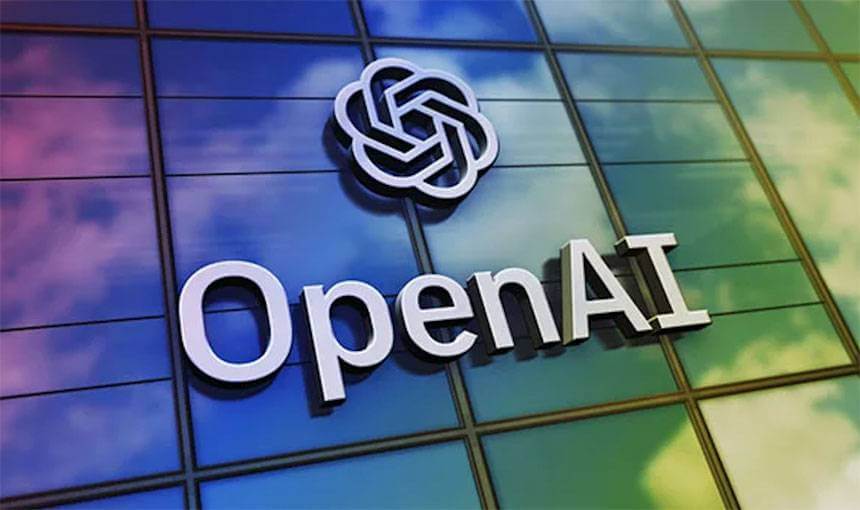OpenAI, the company behind the groundbreaking AI chatbot ChatGPT, is reportedly in early discussions regarding a secondary share sale that could value the artificial intelligence firm at a staggering $500 billion. This potential deal would allow current and former employees to sell several billion dollars' worth of stock, providing them with liquidity ahead of a possible future public offering. The discussions come just months after OpenAI announced a $40 billion primary funding round led by SoftBank at a $300 billion valuation. Thrive Capital, an existing investor, is reportedly in talks to lead the secondary sale.
This potential $500 billion valuation marks a dramatic increase from the company's previous valuation of $300 billion and would position OpenAI as one of the most valuable private technology companies globally, potentially surpassing Elon Musk's SpaceX. This surge in valuation reflects strong market confidence in OpenAI's rapid revenue growth and the sustained surge in demand for its flagship product, ChatGPT.
ChatGPT's popularity has exploded since its launch in late 2022, establishing OpenAI as a leader in generative AI. The platform now boasts approximately 700 million weekly active users, up from about 400 million in February, and processes over 3 billion messages per day. This impressive growth has translated into substantial revenue gains for OpenAI. Annual recurring revenue has doubled since mid-year and is projected to reach $20 billion by year-end, up from $10 billion in June. The company's actualized run rate recently hit $12 billion after doubling its revenue in the first seven months of 2025.
The employee share sale underscores how private companies are increasingly using secondary transactions to reward early workers and establish updated valuations in a competitive capital market. Major U.S. startups often negotiate share sales for their employees as a way to reward and retain staff, and also attract external investors. This move can also serve as a way to incentivize employees to remain at OpenAI amid fierce competition for AI talent. Rival companies like Meta are aggressively poaching employees with lucrative compensation packages.
The potential $500 billion valuation also comes as OpenAI rolls out new products to expand its lead in generative AI. The company recently released GPT-5, the latest version of its AI model, featuring improvements in reasoning, coding, and creative writing. GPT-5 is designed to feel more like talking to an expert, responding faster, answering more accurately, and making up information less often compared to earlier versions. OpenAI also released two open-weight language models, its first open releases since GPT-2 in 2019, aimed at developers seeking lower-cost, customizable options.
While the $500 billion valuation is not final and talks could still change, the negotiations highlight investor confidence in OpenAI's growth prospects and the market's appetite for leading AI companies. However, some analysts suggest that with no current profits and expenses outpacing revenue, OpenAI's $500 billion valuation is highly speculative and underscores growing concerns that the AI market may be entering bubble territory.
Furthermore, OpenAI is also considering a corporate restructuring that would move it away from its current capped-profit model, a step that could pave the way for an eventual IPO. CFO Sarah Friar stated earlier this year that a public listing would come only when both the company and the markets were ready. Discussions about its long-term for-profit structure remain unresolved, with Microsoft, a major investor, seeking to secure its position as a strategic partner and avoid disruption to its access to OpenAI's technology. The current agreement between OpenAI and Microsoft is set to expire in 2030.

















